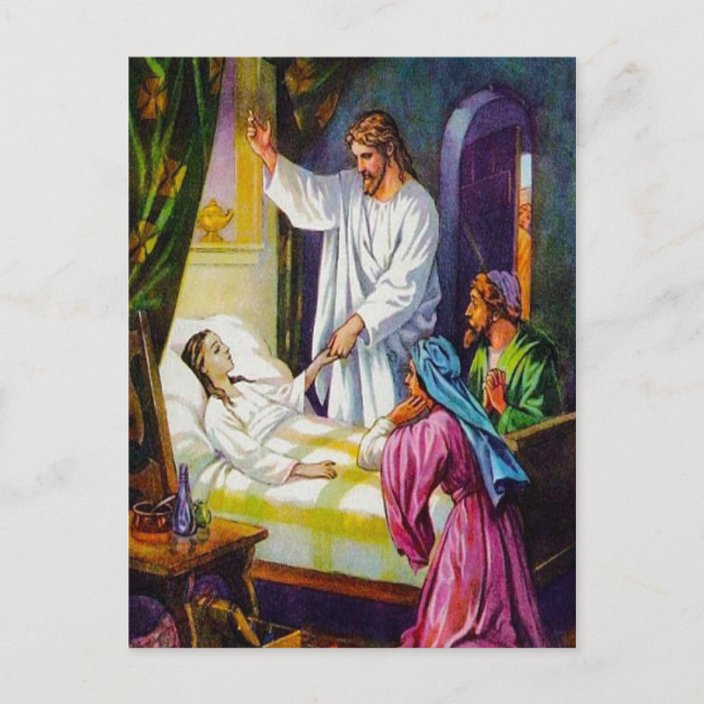 BY J.C. RYLE
BY J.C. RYLE
None, generally speaking, do so much for Christ on earth as those who enjoy the fullest confidence of a free entrance into heaven. That sounds wonderful, I dare say, but it is true.
A believer who lacks an assured hope will spend much of his time in inward searchings of heart about his own state. Like a nervous, hypochondriacal person, he will be full of his own ailments, his own doubtings and questionings, his own conflicts and corruptions. In short, you will often find he is so taken up with this internal warfare that he has little leisure for other things, little time to work for God.
Now a believer, who has, like Paul, an assured hope, is free from these harassing distractions. He does not vex his soul with doubts about his own pardon and acceptance. He looks at the everlasting covenant sealed with blood, at the finished work and neverbroken word of his Lord and Saviour, and therefore counts his salvation a settled thing. And thus he is able to give an undivided attention to the work of the Lord, and so in the long run to do more.
Take, for an illustration of this, two English emigrants, and suppose them set down side by side in New Zealand or Australia. Give each of them a piece of land to clear and cultivate. Let the portions allotted to them be the same both in quantity and quality. Secure that land to them by every needful legal instrument; let it be conveyed as freehold to them and theirs for ever; let the conveyance be publicly registered, and the property made sure to them by every deed and security that man’s ingenuity can devise.
Suppose, then, that one of them shall set to work to bring his land into cultivation, and labour at it day after day without intermission or cessation.
Suppose, in the meanwhile, that the other shall be continually leaving his work, and going repeatedly to the public registry to ask whether the land really is his own, whether there is not some mistake, whether, after all, there is not some flaw in the legal instruments which conveyed it to him.
The one shall never doubt his title, but just work diligently on. The other shall hardly ever feel sure of his title, and spend half his time in going to Sydney, or Melbourne, or Auckland with needless inquiries about it.
Which, now, of these two men will have made most progress in a year’s time? Who will have done the most for his land, got the greatest breadth of soil under tillage, have the best crops to show, be altogether the most prosperous?
Reader, you know as well as I do. I need not supply an answer. There can only be one reply. Undivided attention will always attain the greatest success.
It is much the same in the matter of our title to “mansions in the skies.” None will do so much for the Lord who bought him as the believer who sees his title clear, and is not distracted by unbelieving hesitations. The joy of the Lord will be that man’s strength. “Restore unto me,” says David, “the joy of Thy salvation; then will I teach transgressors Thy ways.” (Ps. 51:12-13)
-----
Excerpt of Assurance, by JC Ryle
-----





